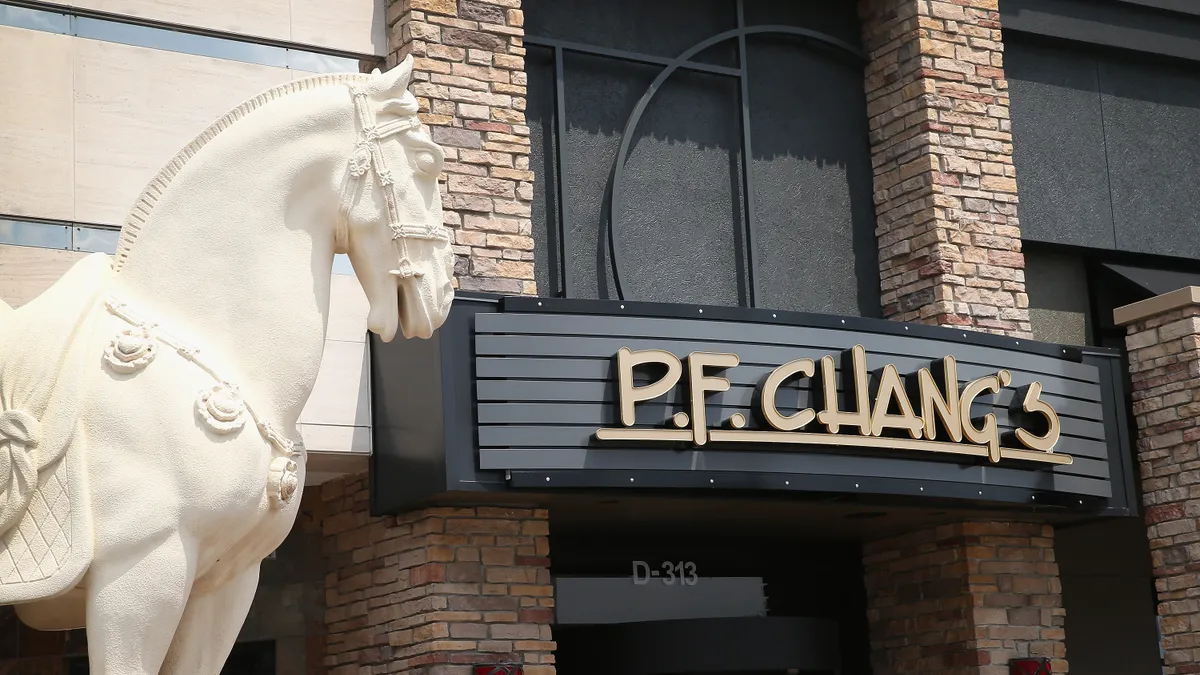Two former employees of P.F. Chang’s have filed a class action suit against the restaurant chain alleging a series of wage and hour violations under California law, and an alleged failure to maintain related data (Cookson v. P.F. Chang’s China Bistro, No. 37-2022-00045709-CU-OE-CTL (Sup. Ct. Calif. Jan. 18, 2023)).
Among their claims, plaintiffs alleged that P.F. Chang’s policies and practices deprived them and other class members of minimum wages, straight time wages, overtime wages, premium wages, reporting time wages, lawful meal and rest breaks, reimbursement for expenses and timely payment of wages.
And according to the lawsuit, the employer made it difficult to account for the alleged unlawfully withheld wages and deductions because it “did not implement and preserve a lawful record-keeping method to record all hours worked, and non-provided rest and meal periods owed to employees as required for non-exempt employees by [state law].”
The plaintiffs also said they intended to bring an action pursuant to California’s Private Attorneys General Act, or PAGA, on behalf of all aggrieved non-exempt employees employed by P.F. Chang’s from one year prior to the fling of the PAGA notice to the conclusion of the action. The plaintiffs argued they had standing to represent all aggrieved employees in pursuit of other penalties, including knowing and intentional failure to comply with itemized wage statement provisions; unfair competition law; duty to keep accurate records; and duty to pay sick leave.
A spokesperson for P.F. Chang’s told HR Dive that the company does not comment on pending litigation.
The restaurant chain previously sued HR services provider UKG in December, alleging that UKG breached a contract between the parties when it lost P.F. Chang’s employee data and information.
In that suit, P.F. Chang’s said it was set to end its relationship with UKG and obtain a transfer of data from the company, but the chain issued a litigation hold notice asking that UKG retain its data and notified UKG that it faced pending litigation by a separate party.
Attorneys listed as representing P.F. Chang’s in the UKG suit did not respond to an HR Dive request for comment about Cookson and whether that suit is connected to P.F. Chang’s legal action against UKG. The plaintiffs’ attorneys in Cookson likewise did not respond.
California employers are required to maintain a copy of each employee’s personnel records for a period of no less than three years. According to Kevin Jackson, partner at Foley & Lardner, the list of records includes clock-in and clock-out times, wage statements and payroll, among others. These records are critical when facing wage-and-hour class action claims, he added.
“In wage-and-hour class actions, the time records for the putative class members are one of the primary pieces of discovery that plaintiffs’ counsel will request,” Jackson said. “As the employer, you also need them because you want to do your own analysis on the records to confirm whether your practices are lining up with your policies.”
But that process has become difficult for organizations in an era where timekeeping and payroll functions are outsourced to vendors, meaning employers often don’t keep a copy of those records on their own servers, Jackson continued. That’s a task made even more difficult when the employer is a former client of the vendor.
“This is an issue we’re running into a lot more than we used to five to 10 years ago,” Jackson said. Employers, he added, might want to take a second look at their vendor contracts to ensure that they are able to receive regular backups for up to four years of data, as well as a full copy of all of their data before they terminate services with the vendor.













